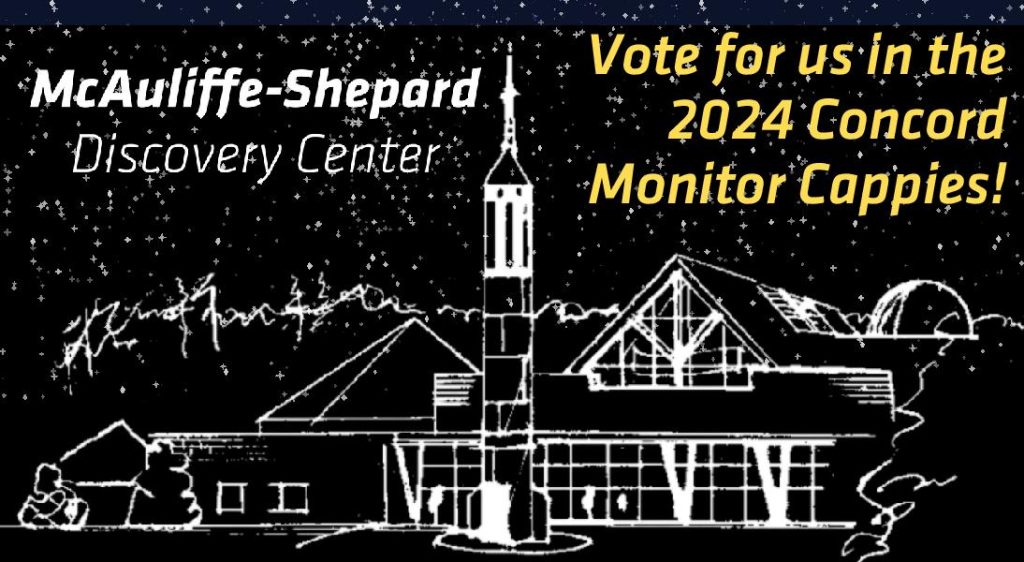Dec. 10, 2001: For the first time in the state’s history, a group of Concord-area agencies is trying to cooperate on transportation, the Monitor reports. After nearly two years of talks, CAT and some members of the Community Providers Network of Central New Hampshire, a group of 23 human service agencies, are on the brink of pooling their assets.
Dec. 10, 1993: Barry Stem’s 967 acres on Concord’s Broken Ground, proposed over the years as a site for a golf course, a luxury housing project, a hotel and conference center and an office park, are sold at a foreclosure auction for $286,501.
Dec. 10, 1991: At St. Paul’s School in Concord, Gov. Bill Clinton of Arkansas tells students that if he were the Democratic nominee for president, he would not stand still for attacks on his character. “Nobody’s going to question my patriotism, my devotion to this country or my values without paying a price if I can extract it,” he says.
Dec. 11, 2002: U.S. Sen. Judd Gregg defends the federal No Child Left Behind Act, rejecting criticisms that the new law will saddle New Hampshire taxpayers with a new unfounded federal mandate. “This is a bill which I think is going to empower parents and local school districts to accomplish much more with low income children than has been accomplished in the past,” he says, speaking to reporters in his Concord office.
Dec. 11, 2000: An early-morning fire at the Royal Garden Apartments in Concord leaves 37 people homeless. The community will respond with offers of clothing, shelter, even Christmas gifts for the kids.
Dec. 11, 1989: Two hundred people crowd into the State House to protest a proposed takeover of PSNH by Northeast Utilities.
Dec. 12, 2003: The Monitor reports that the state is running low on flu vaccine. With stories of children dying from the flu coming out of Colorado and Massachusetts, area residents have jammed clinics and swamped doctors’ offices, hospitals and organizations like the VNA with frantic phone calls hoping to get vaccines for themselves and their children.
Dec. 12, 2001: After a community outpouring of support, bringing the project from being broke to a $25,000 surplus in less than two weeks, Operation Santa Claus concludes a successful season. The State Employees Association, which runs the charitable project, ships 3,281 bags of gifts to needy kids.
Dec. 12, 2000: About 100 Concord residents voice concerns about a retail development proposed for the city’s South End. For two hours, the crowd fires off questions about traffic, the demolition of old buildings and the impact on the neighborhood’s quality of life. In coming months, the proposal will be revised and then rejected by the city planning board.
Dec. 12, 1999: Concord residents aren’t bashful about buying Christmas trees, the Monitor reports, even though the city has announced that when the holidays end, it won’t be picking up trees with the regular garbage collection. “Last year, an ice storm froze all the trees to the ground, and we were picking up trees until well into March,” says Vanessa Ghiden of the city’s General Services Department.
Dec. 12, 1996: Free agent pitcher Bob Tewksbury of Concord signs with the Minnesota Twins, his sixth major league team. The others: the Yankees, Cubs, Cardinals, Rangers and Padres.
Dec. 13, 1999: A move by the Clinton administration to permanently restrict new logging roads on federally owned forests, including the White Mountains, gets an icy reception at two hearings in Concord. Loggers, off-road vehicle enthusiasts and environmentalists all join in the criticism, fearing a reduction in local decision-making power.
Dec. 13, 1863: Major Edward E. Sturtevant of Concord, a member of the Fifth New Hampshire Infantry and the state’s first Civil War volunteer, is killed leading his regiment in a suicidal assault during the Battle of Fredericksburg. His body is not found. His men assume it is one of many stripped and buried in the field.
Dec. 14, 2002: Nearly 30 years after Patricia Immen worked as a bookmobile clerk for the Concord Public Library, she’s appointed as the library’s new director, the Monitor reports.
Dec. 14, 1999: For the first time in more than a decade, the Concord teachers union authorizes its leadership to call for a strike vote if a settlement on a new three-year contract is not reached within the week.
Dec. 14, 1955: A train conductor uncoupling an engine from the freight train in Concord gets his foot caught between the rail and guard rail and is then run over by the train and crushed to death, the Coos Republican reports.
Dec. 15, 1987: Just before noontime, Gary Hart and his wife Lee stroll onto the State House Plaza, where the media horde waits. After having dropped out in May because of highly publicized womanizing, Hart announces that he is back in the Democratic race for president. “I have the power of ideas,” he says, “and I can govern this country.”
Dec. 16, 1976: Gov. Mel Thomson announces he will have state troopers stationed at border liquor stores to harass out-of-state tax agents who sometimes try to catch consumers from their states buying New Hampshire’s cheap booze. The agents, he says, will be questioned, photographed and asked to produce identification.
Dec. 16, 1965: A new state report shows public libraries in New Hampshire spend an average of $2.32 per resident. Concord tops the list at $4.06 per resident. Book readership is also up statewide, to 6.71 books per resident per year.





















